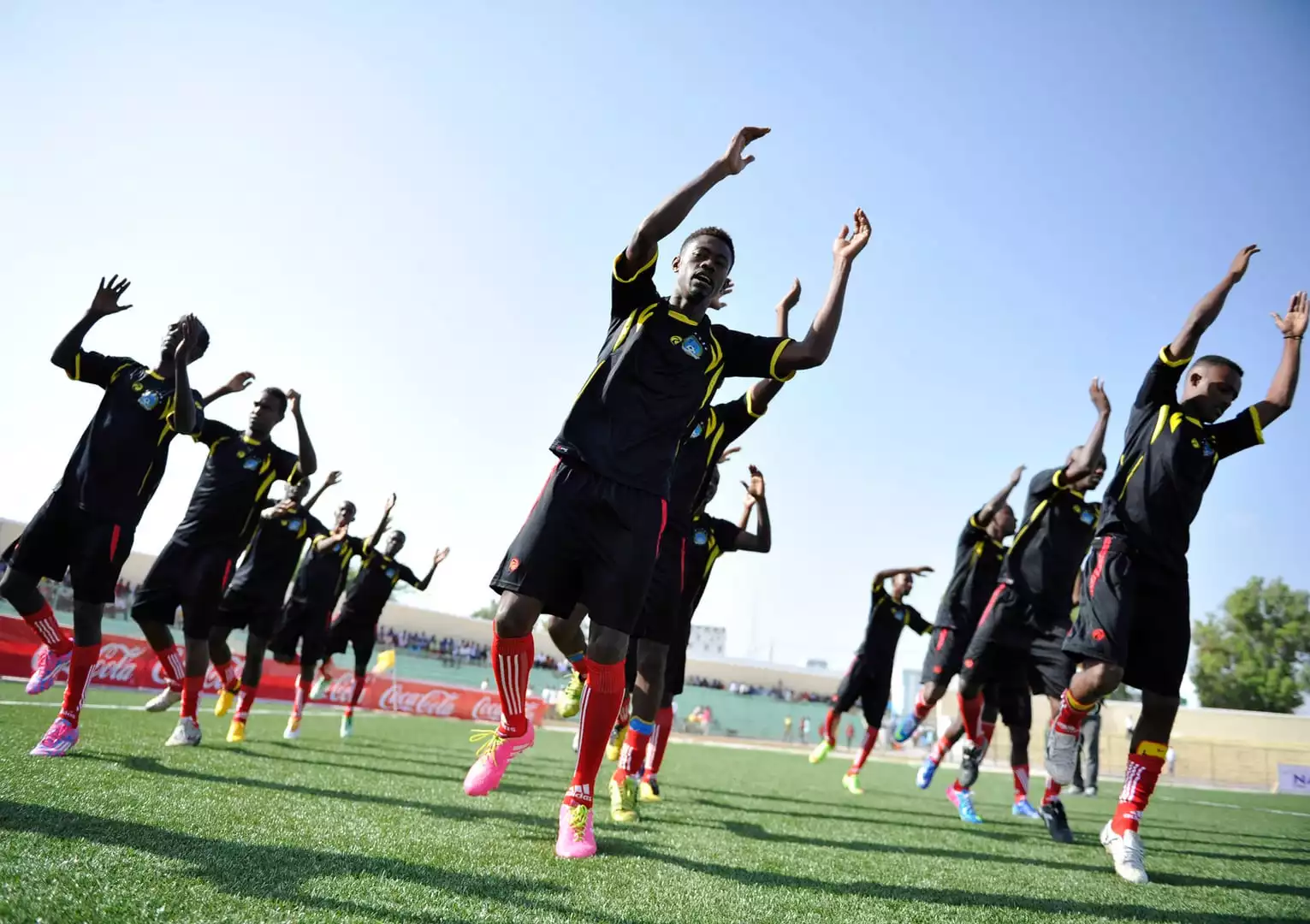History of the AFCON format
The AFCON has a rich history dating back to its inception in 1957. Originally known as the African Nations Cup, the tournament featured only three teams in its early years. Over time, the format evolved to accommodate more teams and provide a platform for African football to thrive. From the early knockout rounds to the introduction of group stages, the AFCON format has undergone several changes to meet the demands of an ever-growing continent passionate about football.
Changes in the AFCON format over the years
In recent years, the AFCON format underwent a major revamp in 2019, expanding from 16 to 24 teams. This move was aimed at allowing more countries to participate and showcase their footballing talent on the continental stage. While the intention was noble, critics argue that the expanded format has compromised the quality of the tournament. Let's take a closer look at the current AFCON format and its various components.
Overview of the current AFCON format
The current AFCON format consists of a group stage followed by a knockout stage. In the group stage, the 24 teams are divided into six groups of four, with the top two teams from each group advancing to the knockout stage. The knockout stage consists of the Round of 16, quarter-finals, semi-finals, and the final. This format ensures that teams have multiple opportunities to showcase their skills and progress in the tournament.
Group stage format and rules
During the group stage, teams compete in a round-robin format, where each team plays against the other three teams in their group. Points are awarded for wins, draws, and losses, with the top two teams from each group advancing to the knockout stage. In the event of teams having the same number of points, tiebreakers such as goal difference, goals scored, and head-to-head results are used to determine the rankings.
Knockout stage format and rules
The knockout stage is where the intensity of the tournament reaches its peak. The Round of 16 sees the top two teams from each group face off against each other. The winners progress to the quarter-finals, followed by the semi-finals and ultimately the final. In the knockout stage, matches that end in a draw after regular time go into extra time, and if needed, a penalty shootout determines the winner.
Analysis of the strengths and weaknesses of the current format
The expanded format of the AFCON has its fair share of strengths and weaknesses. On the positive side, it allows more teams to participate, providing an opportunity for smaller nations to showcase their talent and gain valuable experience. Additionally, the increased number of matches generates more excitement and interest among fans. However, the expanded format also brings certain challenges. The quality of play may be compromised due to the inclusion of weaker teams, and the tournament may become more predictable with fewer upsets. Furthermore, the congested schedule places a heavy physical and mental burden on players, potentially affecting their performance and increasing the risk of injuries.
Comparisons with previous AFCON formats
To truly understand the impact of the current AFCON format, it's crucial to compare it with previous editions. The 16-team format allowed for a more concise and intense tournament, with only the top teams competing. This format often produced thrilling matches and showcased the best of African football. However, the expanded format provides opportunities for underdog teams to make their mark and adds an element of unpredictability to the competition. It's a delicate balance between maintaining the tournament's prestige and giving more teams a chance to shine.
Criticisms and controversies surrounding the current format
The current AFCON format has not been without its fair share of criticisms and controversies. Some argue that the expanded format dilutes the quality of the tournament, with weaker teams struggling to compete against the powerhouses of African football. Others believe that the congested schedule puts players at a higher risk of fatigue and injuries, potentially affecting their performance for both club and country. Additionally, there are concerns about the impact on fans, as attending multiple matches in a short period may be financially and logistically challenging.
Possible future changes to the AFCON format
As the AFCON continues to evolve, discussions about potential future changes are inevitable. One option is to revert to the 16-team format to ensure a more competitive and high-quality tournament. Another possibility is to explore a hybrid format that combines elements of the current expanded format with a more condensed schedule. This would strike a balance between inclusivity and maintaining the tournament's prestige. Ultimately, any changes to the AFCON format should be carefully considered, taking into account the interests of teams, players, and fans.
As the AFCON format continues to be a topic of debate, it's important to recognize the significance of the tournament in promoting African football and providing a platform for talented players to shine. Whether the current format remains or changes in the future, the AFCON will always be a celebration of the beautiful game and a reflection of the passion and talent that Africa has to offer.










